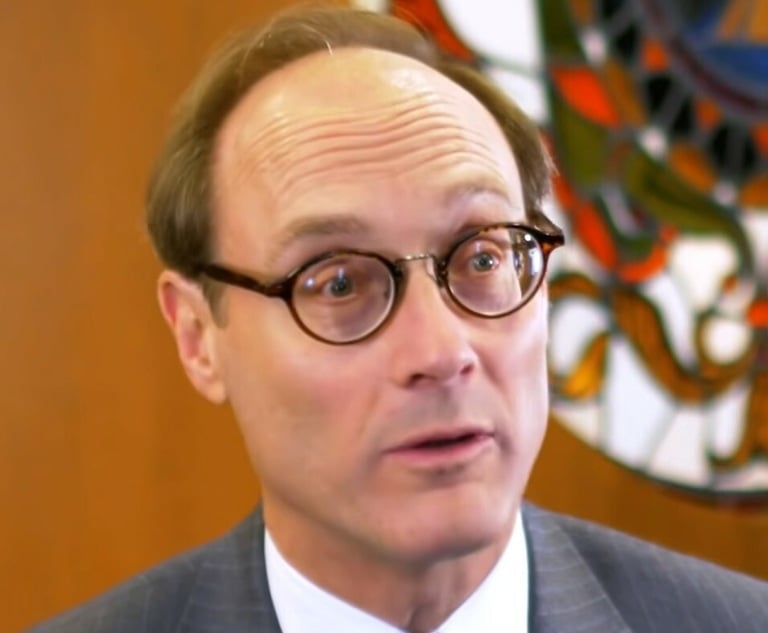Climate change litigation in the United States is on the rise as individuals, municipalities, counties and states increasingly seek damages from fossil fuel companies for alleged environmental harm. But before such cases can proceed to discovery and trial, several threshold issues must first be addressed.
These procedural issues include removal (whether cases can be removed from state to federal court), standing (whether climate change issues are justiciable or whether they should be left to the executive and legislative branches) and legal sufficiency (whether the common law doctrines of nuisance and trespass are applicable). If these cases survive these procedural challenges, liability determinations will involve the complex issues of causation (whether the alleged harm is too remote from the acts and practices of defendants) and damages (whether the proffered damages model and accompanying expert testimony are admissible under the applicable rules of evidence).


 Photo: Koya979 via Shutterstock
Photo: Koya979 via Shutterstock




